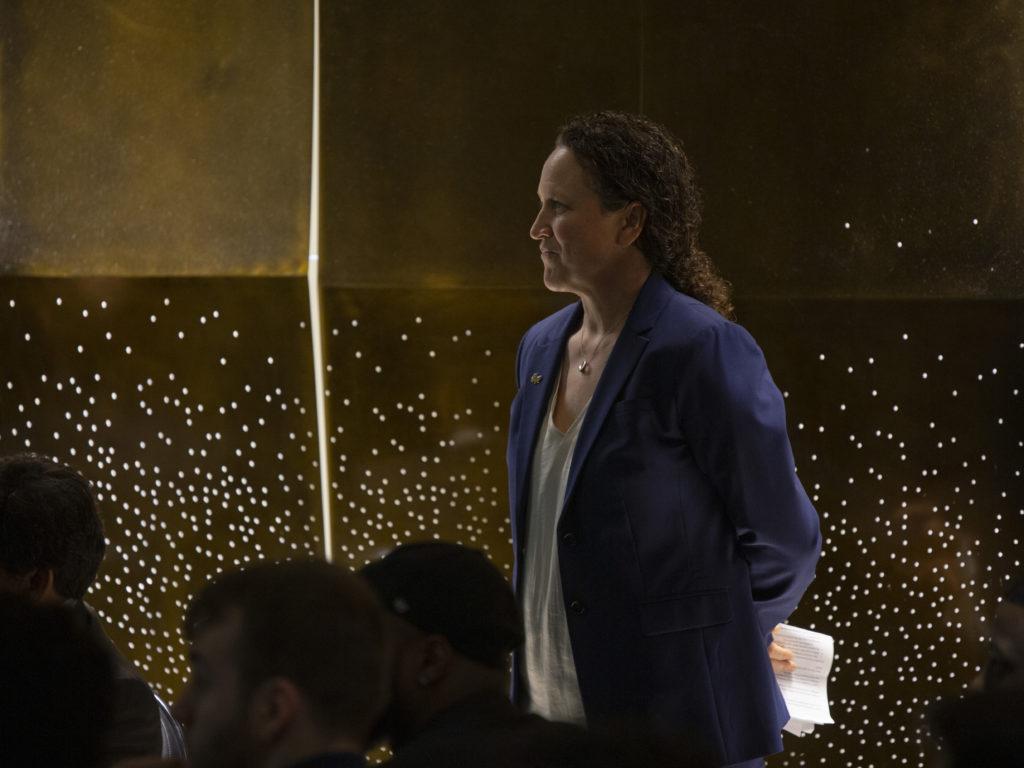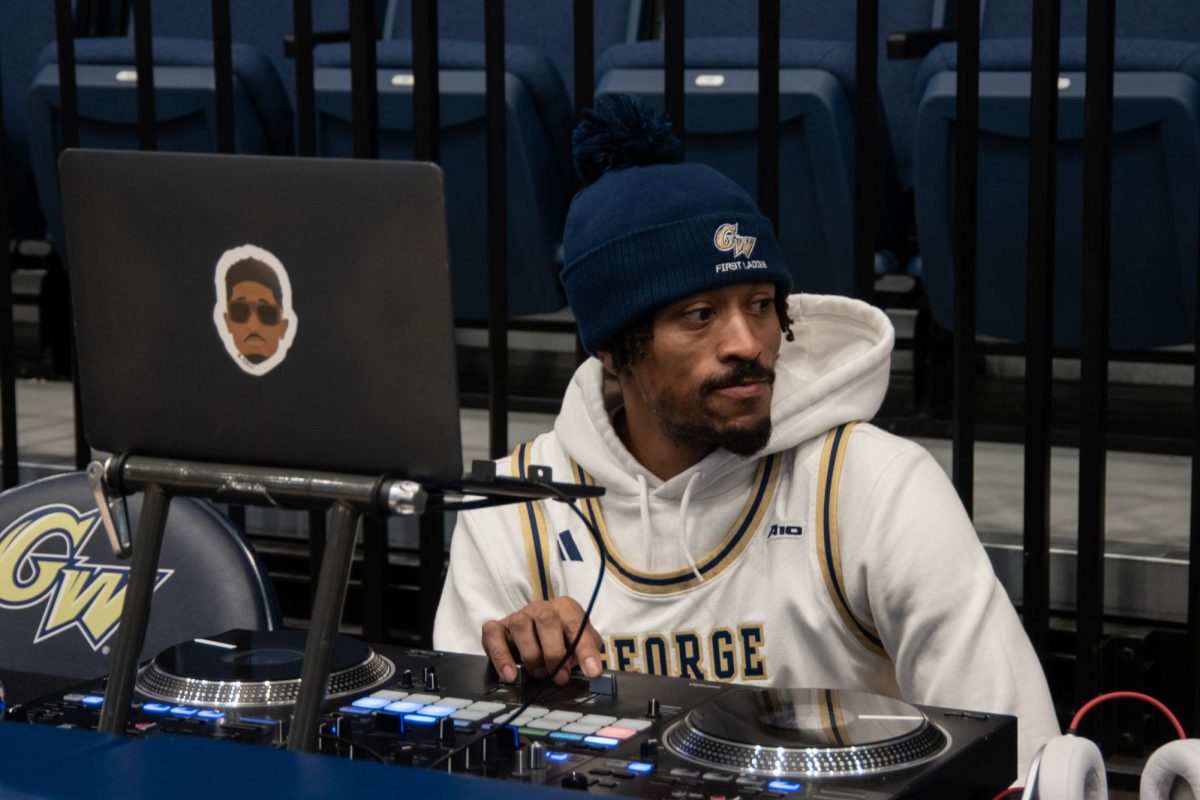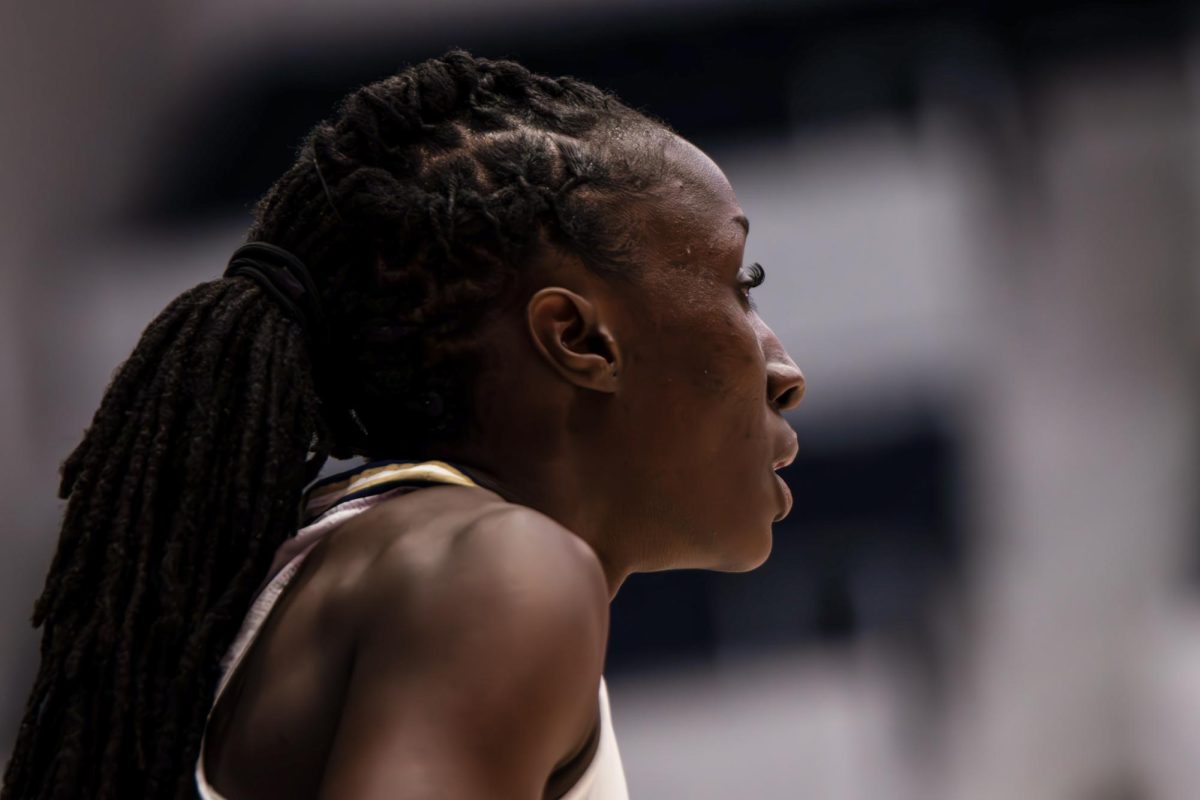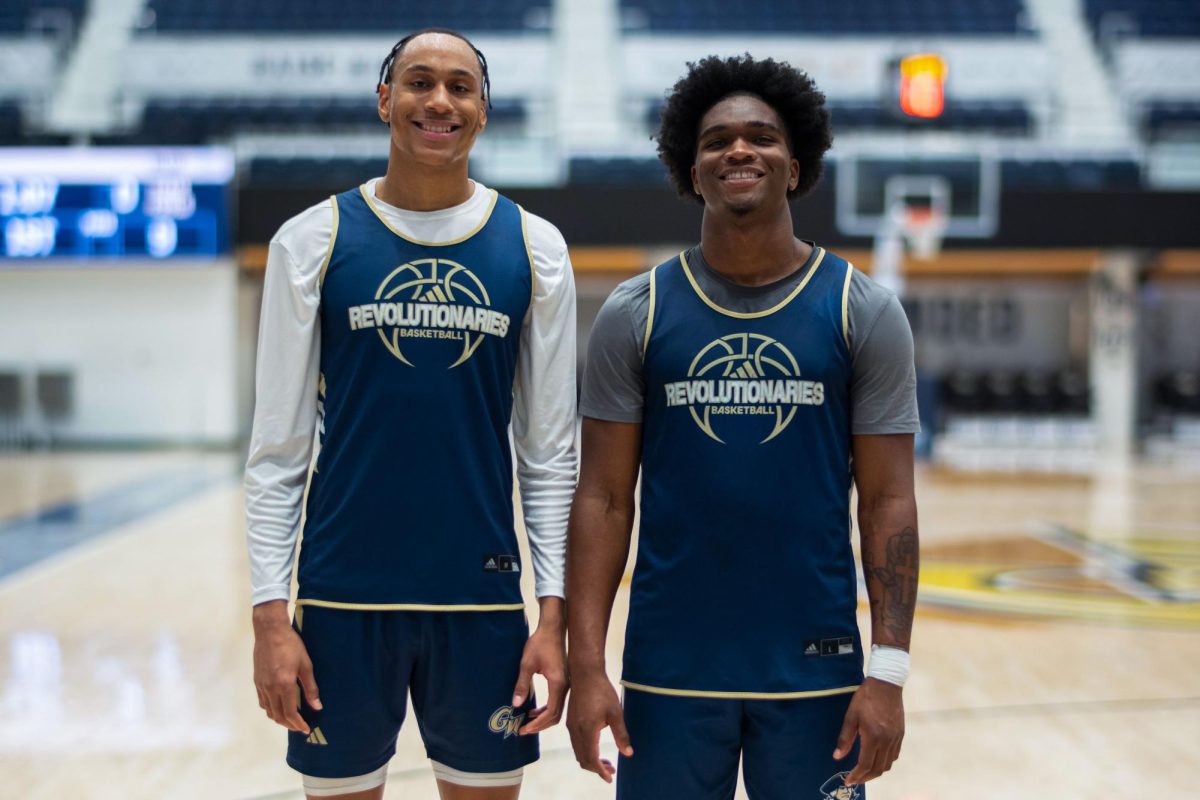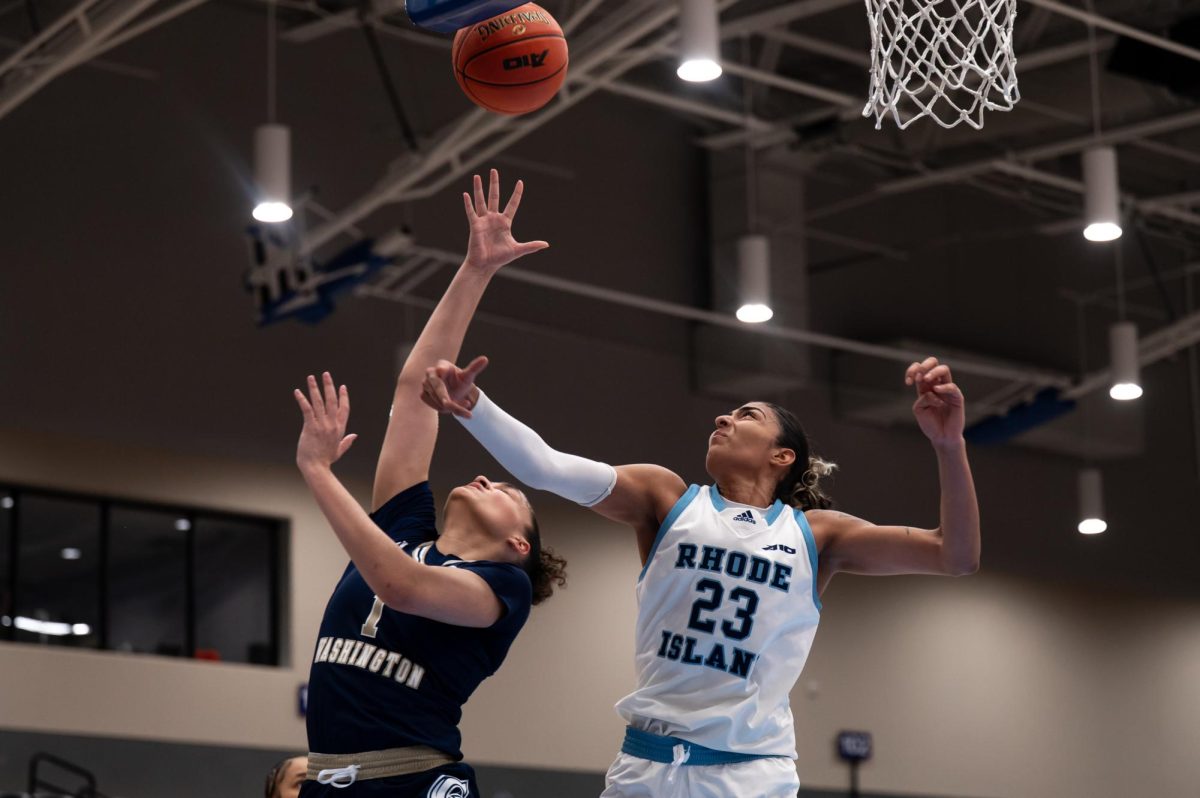After sports around the world were forced to a standstill at the onset of the COVID-19 pandemic earlier this month, GW sports needed to adapt.
The Atlantic 10 canceled spring competition March 12, and four other leagues GW teams compete in – the East Atlantic Gymnastics League, Collegiate Water Polo Association, International Rowing Association and the Intercollegiate Sailing Association – followed suit. Senior runner and Student-Athlete Advisory Committee President Suzanne Dannheim said student-athletes initially felt “disbelief” at the news earlier this month but added that the athletic department has rallied with online trainings and video sessions to keep the community in touch.
“A lot of teams got together,” Dannheim said. “My team got together and all sat around, talked about great memories with the sport, great memories on the team, how far we’ve come since we got here, how things had changed over the course of our time at GW and as athletes.”
NCAA Division I Council Committee will vote on whether to grant student-athletes affected by the spring cancellations another year of eligibility next Monday, according to ESPN staff writer Kyle Bonagura. Dannheim said student-athletes were interested in gaining closure from their sports with another year of play.
Along with losing the structure of athletics, student-athletes also needed to adjust to classes moving online for the remainder of the semester. Dannheim said academic resources, like tutoring and academic advising through the Carbonell Center, have continued throughout the online period.
“Many of us have never taken online classes,” Dannheim said. “We never signed up to take online classes. So it’s kind of a big push from everyone, trying to make the switch over together. And the academic advisers just have done a great job moving us over that way.”
Dannheim added that Athletic Director Tanya Vogel provided a mindfulness seminar through Webex, a videoconferencing platform. She said Brian Levenson, a mental performance coach that has worked with student-athletes before, led the session.
“It doesn’t get much better than having the guy that you’d normally work with on campus during a time where mindfulness is very important,” Dannheim said. “And of course having him connected to all of us as a community, it’s really awesome.”
Dannheim said strength and conditioning coaches are also coordinating Webex lifting sessions to provide student-athletes with strength building programs they can follow at home because most gyms have shut down during the pandemic.
“It’s an option that allows people to work out from home, from their apartment or whatever,” Dannheim said. “So all of that is really, really helpful and accommodating for the current situation.”
For teams to maintain camaraderie, Dannheim said coaches are scheduling video sessions in which players can talk about how they’re feeling since heading home and how they’ve spent time away from campus. She said coaches are encouraging athletes to stay “grounded” and remain physically active when possible, adding that sports like cross country and track and field may be easier to train for because public running routes are easy to find.
“A lot of coaches are telling their teams, ‘Look, this is a totally historically unprecedented situation,’” Dannheim said. “‘Take the time to just not go crazy. Try to stay grounded, try to remind yourself what the reality of the situation is. It can be so much worse.’”
She added that SAAC has taken on several projects to keep student-athletes in touch with each other and their sports. The committee is creating a yearbook to record memories from this year for student-athletes, coaches and athletic department administrators. Dannheim said the process began in January, but it’s even more important now to “keep everyone in the loop in the athletic department” during the online period.
SAAC also launched an online campaign, spearheaded by junior rower Charlie Horton and Dannheim, to promote social distancing. Dannheim said Horton approached her, Vogel and members of the marketing department with the idea, and they created the Social Distancing Challenge that calls on people to say who they are distancing for and to nominate three other people to participate.
Senior rower Kathryn Donohue penned a letter to the women’s rowing program, detailing how she found a “home away from home” with the program and her teammates.
Coming off a second place performance at the A-10 Championships last season, the women’s team had been climbing an upward trajectory for the past four years. In their fall slate, rowers aimed to compete at the team’s first NCAA Division I Rowing Championship since 1998.
Donohue said in the letter that her team securing an A-10 Championship wasn’t an “if” but a “when.” She said she was disappointed not to have the chance to shoot for gold but added that she and the other members of the senior class had a lot of reasons to be proud of their time at GW.
“While this is not nearly the ending that any of us wanted nor deserved, we should take comfort in the fact that we are leaving behind a program that is better than we found it four years ago,” Donahue said in the letter. “We have raised GWWR to a higher standard and have set a precedent that will carry on for years to come.”


